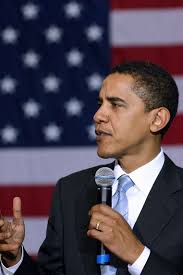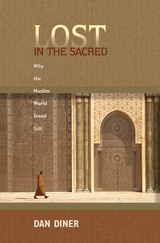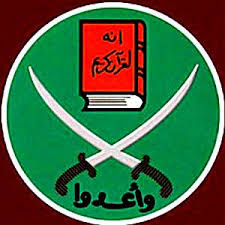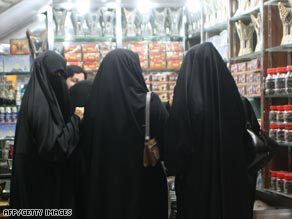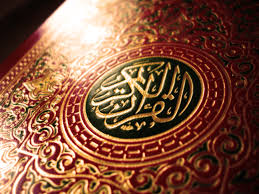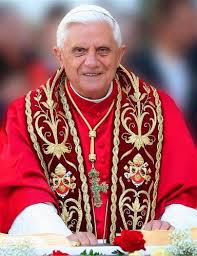The results of Kuwait's elections last month -- in which Islamists were rebuffed and four women were elected to parliament -- will likely reinvigorate the movement for greater democracy in the region that has stalled since the hopeful "Arab spring" of 2005. It also puts pressure on the Obama administration to end its deafening silence on democracy promotion.
Although ruled by a hereditary monarch, Kuwait is the most democratic of the Arab countries. The press is relatively free, parliament has real power, and politicians are chosen in legitimate elections. However, Kuwait is a part of the Persian Gulf, where the subordination of women is traditionally most severe. Historically, Kuwait's political process was for males only. But in 2005 parliament yielded to female activists and approved a bill giving women the right to vote and hold office. THE WHOLE STORY IN THE WALL STREET JOURNAL



